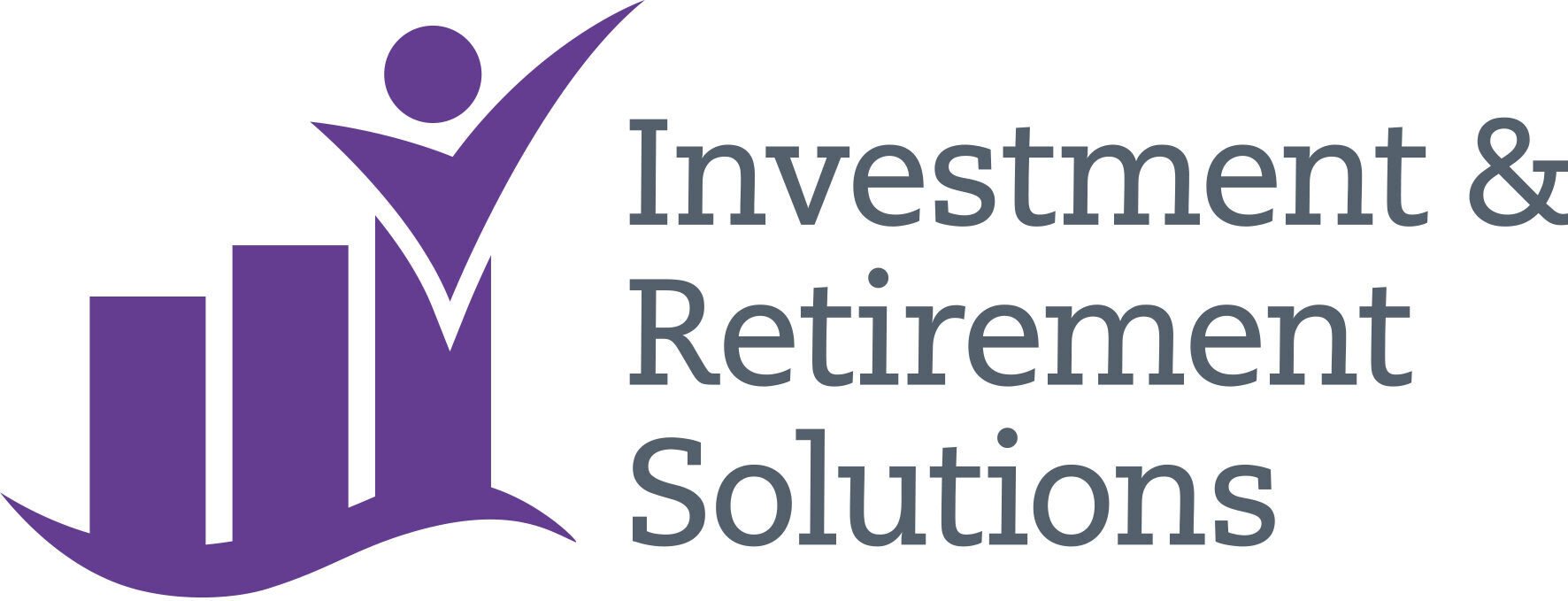Relations between the US and China deteriorated further during May as the US blamed China and the World Health Organisation (WHO) for the pandemic.
The US Senate passed the Holding Foreign Companies Accountable Act, in which US-traded issues are required to surrender their listings on US exchanges if they do not comply with US audits, following which President Donald Trump terminated support for the WHO.
By the end of May, the WHO had confirmed over 1.7 million cases of COVID-19 in the US, with 101,567 deaths recorded.
The US financial health barometers: the Dow Jones Industrial Average Index rose by 4.3% during May, while the S&P 500 Index climbed by 4.5% and the Nasdaq Index rose by 6.8%. Although most equity indices remained in negative territory over the year to date, the Nasdaq Index was one of the few to buck the trend: by the end of May, the technology-rich index had risen by 5.8%. Every sector in the S&P 500 Index ended May in positive territory.
The best-performing S&P sector during the month was information technology, followed by materials, and communication services; in comparison, energy was the weakest performer, followed by consumer staples and real estate.
As the US continued to reopen, Federal Reserve Chair Jerome Powell warned that the outlook remained “highly uncertain and subject to significant downside risks”; nevertheless, he reiterated that the central bank had not “run out of ammunition by a long shot” and would take whatever action was necessary to support the economy.
”When America sneezes, the world catches a cold”
The Congressional Budget Office (CBO) expects US economic growth to fall by 38% year on year during the second quarter. Weekly unemployment claims rose to almost 41 million by the end of May and while they are expected to continue to climb, the rate of increase is set to moderate.
Why is this relevant? It may sound like an awful pun given the global coronavirus situation, however during the Napoleonic French Republic, Ambassador von Metternich’s coined the phrase “when France sneezes, the whole of Europe catches a cold.” A phrase which in more recent times has been subject to a transatlantic change, and the modern interpretation of “when America sneezes, the world catches a cold” seems like one of the few conventional ‘rules’ upon which we can still rely.

